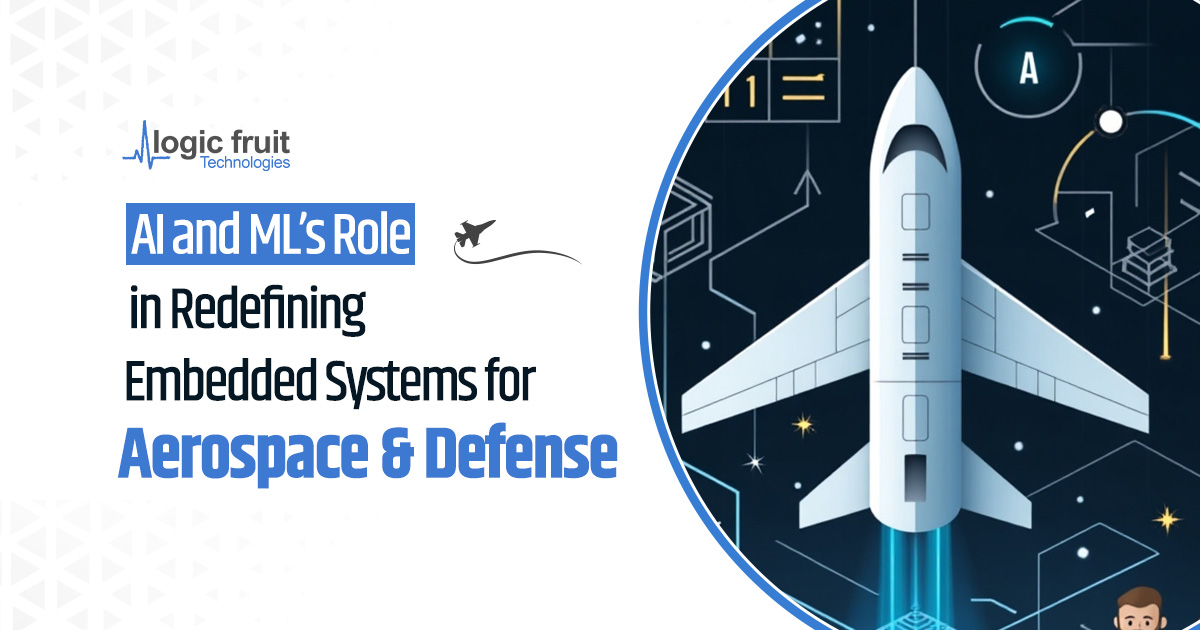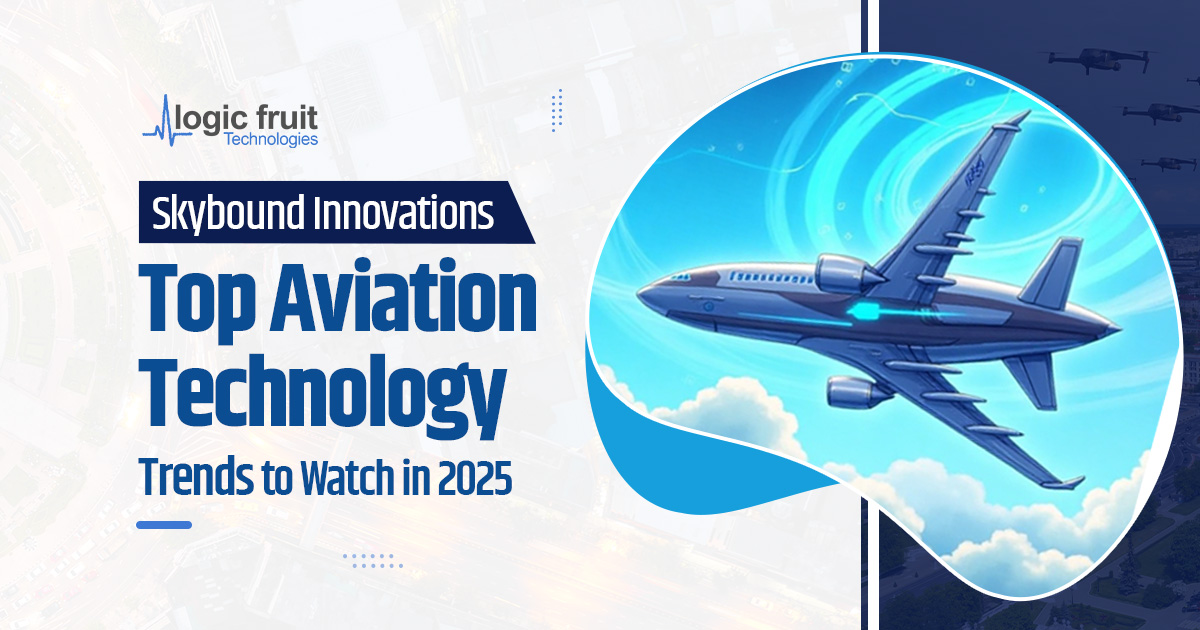The automotive industry is undergoing the most significant transformation since Henry Ford automated production over a century ago.
The automobile sector of today is impacted by new ideas and is prepared for quick change and evolution.
Automobile manufacturers are being urged by current trends to provide customers with much more than just a metal box on four wheels.
Megatrends like electrification and driverless cars will continue to change the automotive industry, requiring suppliers, dealers, and automakers to adjust to new technologies and business practices.
Players in the business will need to act quickly to stay competitive. There are new opportunities in the automotive business thanks to modern technology.
By 2030, India may lead the world in shared mobility, opening doors for electric and driverless cars, according to the IBEF analysis.
The Indian government has pledged that 30% of new cars sold in India will be electric by 2030.
At a compound annual growth rate (CAGR) of 2.4%, the automotive sector, which includes PV, LCV, and MHCV, is expected to reach 104 million units by 2030 from 88 million units in 2024.
The potential of EVs as a substitute for zero-emission mobility is indicated by factors including their longer driving range and growing public demand.
Additionally, according to the Markets and Markets study, government initiatives toward zero-emission transportation, OEM technological breakthroughs, and increased investor involvement are anticipated to fuel market expansion.
In 2025, the mobility landscape is beginning to take shape, with the promise of smarter, more sustainable, and efficient automobiles.
The development of software-defined cars and electric vehicles is at the heart of this change.
A closer look at the leading automotive trends that are expected to rule the market in 2025 is provided below.
Market Growth of Automotive Industry
Indian Automotive Industry Market
According to the analysis in the Market Research Future Report, the size of the Indian automotive industry was projected to reach 118.92 billion US dollars in 2024. At a compound annual growth rate (CAGR) of around 8.80% from 2025 to 2034, the Indian automotive industry market is projected to increase from 129.39 billion USD in 2025 to 276.46 billion USD in 2034.

In India, 49% of the manufacturing GDP and 7.1% of the total GDP are derived from the automobile sector.
Consequently, India’s automobile sector is crucial to both technological advancement and macroeconomic growth.
India is a well-known automotive manufacturing hub because of its reasonably priced products.
Easy access to inexpensive raw materials, low labor costs, and a weak currency are the main drivers of the manufacturing sector.
India is currently the world’s fourth-largest automobile manufacturer, producing an average of 4 million vehicles annually.
Global Market Growth of Automotive Industry
The automotive industry is expected to increase at a compound annual growth rate (CAGR) of 6.9% from 2024 to 2032, from a value of USD 4075.65 billion in 2024 to USD 6950.55 billion until 2032, according to the Market Research Future Report.

In 2023, the automotive industry’s market size was estimated to be worth USD 3812.5 billion.
Urbanization, the economy’s growing infrastructure investment, and the growing demand for luxury passenger cars are all factors propelling the automotive market’s expansion.
Trends of the Automotive Industry in 2025
Rise of Electric Vehicles (EVs)

Autonomous driving and car electrification go hand in hand because of their mutual technological compatibility, positive effects on the environment, and financial benefits.
EVs are becoming more and more popular as a competitive substitute for conventional cars with internal combustion engines.
Electric cars are predicted to dominate the automobile industry by 2025 after swiftly transitioning from the periphery to the mainstream.
Improved affordability, advancements in battery technology, and international initiatives to lower carbon emissions are the main drivers of this increase.
Governments around the world are enacting laws to hasten the adoption of EVs, and major automakers are increasing their manufacturing of these vehicles.
The Precedence Research Report estimates that the global electric vehicle market will grow at a compound annual growth rate (CAGR) of 22.69% from 2025 to 2034, from an estimated USD 317.26 billion in 2024 to about USD 2,453.48 billion by 2034.

Ford had previously declared that between now and 2022, it would spend $11.5 billion to electrify its array of vehicles.
It recently asserted that to increase car sales despite continuous lockdowns, it has increased its expenditures on driverless and electric automobiles.
Additionally, Mercedes-Benz announced that by 2025, it will introduce 25 new plug-in hybrid and fully electric vehicles.
Sustainable Mobility

The automobile sector is making efforts to lessen its environmental effect through EV manufacture, sustainable sourcing, and an emphasis on e-mobility, but much more work remains.
According to a World Economic Forum report, it is involved in almost 10% of the world’s carbon dioxide emissions.
Numerous automakers will have adopted circular economy ideas and carbon-neutral production methods in 2025.
These initiatives will shift the industry’s focus in response to consumer demand for more environmentally friendly products and open environmental practices.
In the meanwhile, developments in shared mobility, autonomous driving, and sustainable manufacturing will change the way we move and think about transportation.
These developments hold out the prospect of smarter, safer, and more environmentally friendly cars in the future, providing answers to some of the most important problems facing mobility today.
Autonomous Vehicle

Although entirely autonomous vehicles might not be widely available by 2025, there will be noticeable advancements in autonomous driving technology.
Innovative manufacturers are very interested in autonomous driving technology since it presents new avenues for commercial expansion.
Modern autonomous vehicles are still in their infancy; only Level 3 (conditional automation) and certain Level 4 (high driving automation) vehicles are currently accessible in some areas out of the six levels of driving automation.
The size of the autonomous car market is projected to be USD 47.84 billion in 2025 and USD 133.32 billion by 2030, with a compound annual growth rate (CAGR) of 22.75% during the projection period, according to a Mordor intelligence analysis.

The market for driverless cars has the potential to completely alter the way people travel. These cars promise to improve traffic flow, reduce traffic accidents, and save lives by reducing human error.
In addition to safety, they signal a shift in urban mobility, a decrease in greenhouse gas emissions, and a move in the direction of sustainability.
The automobile industry’s significant investment in autonomous technology highlights the pressing need for creative transportation solutions as the world’s population grows, urbanization quickens, and delays intensify.
Connected Vehicles

In the automobile industry, vehicle connectivity has emerged as a truly revolutionary breakthrough that will change driving in the future.
When 5G technology is added, it transforms a car into a talking supercomputer that can establish wireless networks and interact in real-time with all traffic infrastructure, including traffic signals and other vehicles.
To facilitate smooth communication between automobiles, infrastructure, and smart city systems, automobiles will be extensively incorporated into the Internet of Vehicles (IoV) by 2025.
This degree of connectivity will improve traffic control, facilitate navigation, and open up new possibilities for customized in-car experiences.
Software- Defined Vehicles & Over-the-Air (OTA) Updates

Beyond connection, the software-defined vehicle (SDV) movement depends on software upgrades rather than hardware modifications to sustain optimal performance.
Vehicles that employ software for all functions (braking, steering, driving, entertainment, etc.) are known as software-defined vehicles.
To improve vehicle performance and enable users to benefit from the newest technical developments, this software should be updated regularly.
This trend is picking up steam in 2025: software-defined cars were the talk of the recent Consumer Electronics Show, which highlights technology advancements across industries.
In addition to needing mechanical care, traditional cars may experience recall delays because of parts shortages, with back-ordered parts occasionally taking months to arrive.
Over-the-air (OTA) updates, similar to those for laptops or smartphones, allow SDVs to be updated, modified, and enhanced over time.
Expansion of Mobility-as-a-Service (MaaS)

One of the newest developments in the automotive sector for a few years is mobility-as-a-service, which has grown to be a well-liked, practical, and affordable substitute for personal vehicles and traditional car ownership.
The technology combines many modes of transportation into a single platform to provide comprehensive mobility services.
The expanding number of transportation options, ride/car/bike sharing, passenger taxis, commuter trains, and other mobility options are all contributing to the MaaS market’s growth and future development in 2025 and beyond.
Importance of High-Speed Communication Protocols in Automotive Networks
High-speed in-vehicle connectivity is essential for real-time data transmission, safety, and performance optimization as cars become more sophisticated with electrification, software-driven features, and autonomous capabilities.
For smooth communication between ECUs (Electronic Control Units), sensors, and actuators, modern automotive networks rely on protocols like CAN, LIN, FlexRay, and Automotive Ethernet.
- LIN (Local Interconnect Network): Used for simpler, low-cost applications like seat adjustment, power windows, and interior lighting.
- CAN (Controller Area Network): The backbone of vehicle communication, connecting critical systems like engine control, braking, and steering.
- FlexRay: Designed for high-speed, fault-tolerant communication, essential for advanced features like electric power steering and active suspension.

Logic Fruit’s Role in Automotive Communication
Logic Fruit Technologies created LIN, CAN, and FlexRay solutions to improve the speed and dependability of vehicle communication. To provide seamless and secure operation, our technology is made to accommodate the growing complexity of vehicle electronics.
Modern car design relies heavily on high-speed communication, whether it’s for allowing new automation features, boosting vehicle diagnostics, or strengthening safety systems.
Are you trying to find trustworthy LIN, CAN, or FlexRay solutions? Download our datasheet to obtain the information you require
To know more, Get in Touch with us – info@logic-fruit.com










